Before starting PA school, I had heard so many different opinions about how hard it would be and how I would need to study differently in PA school. One commonly used analogy is that PA school (especially didactic year) is like trying to drink water from a fire hose. I was so worried that I wouldn’t be able to handle studying everything all at once, all while making good grades.
In addition to all the new information, there are many more exams, and much more frequent exams, than most people encounter in their undergraduate studies. You also may be like I was and didn’t come straight from undergrad, having to make the transition from working to being a student again.
Unfortunately, I wasn’t able to find a lot of information about studying in PA school with useful methods, so I somewhat had to figure out what worked for me on my own. I thought that I could study the exact same way that I did in undergrad and quickly realized that it would not cut it. After I did not as good as I had hoped on my first physiology test, I really had to buckle down to figure out what would work for me.
I hope that this guide can help you to find your way studying in PA school earlier than I did and calm your nerves, even before your first exam.
Please note, this is just my personal experience and all opinions and recommendations on this blog are my own. My opinions and recommendations do not reflect the opinions or recommendations of my employers or schools. Nothing in this article is intended as medical advice. I share all this information to share information I wish I would have known prior to my experiences. Everything on the blog is just my opinion and experiences.
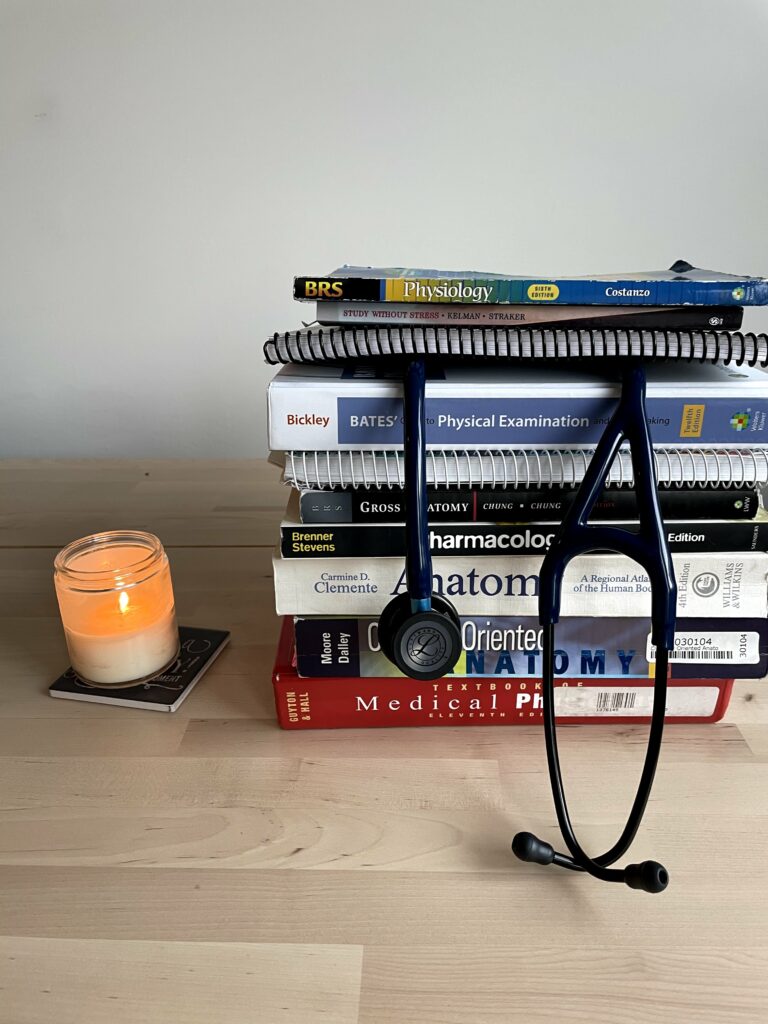
Why studying in PA school is different
There are several reasons that studying in PA school will likely be different than your experience in undergrad.
Quantity of material
In general, in PA school there is a lot more material to learn at the same time than you probably learned in your prior education. All of your classes are important and difficult in their own ways. You sit in lectures most of the day, but then need to come home and go through all the information you learned about. Each class will require different types of memorization and learning that by the end of the day, your brain will likely be pretty tired.
Quantity of exams
In PA school, there are frequent exams for each class. Of course, each program is different and handles the material in different ways, but in general there are many exams. You may have an exam each day of the week for a different class. After you finish one test, you still will likely have to study for other classes or look at other material.
Quality of information
In PA school, you are tested at a higher level than you likely were in your undergraduate courses. Questions on tests are higher level questions that often require you to read a vignette (like a little paragraph story) and then choose an answer. Most questions require deeper thinking than a straightforward question with a straightforward answer.
Methods of Studying in PA School
How everyone studies different in PA School, you will find what works best for you, and every class is a little different, you won’t use one singular way, but some will work better than others.
Group Study
Studying in a group can be super helpful in PA school. In undergrad, I did not study in a group and was totally a solo studier. However, PA school has helped me to see the value of studying in groups. Since there is so much information to learn, having a study group can help you to better understand concepts that you may have difficulty with. It is amazing that 5 different people can sit in the same lecture and gain 5 different perspectives. My study group has really helped me to learn much more than I could have learned on my own.
Reading
Reading the textbook readings can be a great way to study. It is important to read the readings required for your classes, but reading additional readings in the textbook can help you learn the concepts you need to learn. Personally, this way of studying doesn’t work well for me, but one of my friends in PA school heavily uses this method. To them, reading the explanation of the concepts really helps the information stick in their brain. If you remember a lot from what you read and can focus better when reading, then this study method may be best for you.
Charts
Making charts of the information and the objectives you will be tested on can help you solidify the information you need to know and easily study the same information repeatedly. Charts can also be good because you can easily come back to them if you need to review the information or study it again in the future. Additionally, making the chart itself can help you learn the information. Charts are the prime way that I have used to study in PA school. I love using charts to study as it helps my brain compartmentalize the information. For more information in how I set up my charts and different variations of how charts can help you study, check out my blog post on studying with charts.
Active Studying
Active studying should be used by everyone, but naturally some people will use it more than others. It essentially means that you are working with the material in some way, such as writing it out, making charts, or making flashcards. Active studying has your brain processing the information and thinking about it in a way that helps you actually understand the information and not just memorize it. There are endless ways to active study. Some of my favorite ways to active study include making charts and drawing out the concepts on a whiteboard or piece of paper.
Reviewing PowerPoints and Class Notes
This is a classic way to study. To study you can review the notes that you take during class. Some classes may give you copies of the PowerPoint slides to use and take notes with. Do know that often the PowerPoint slides will not have all of the information you need to know and that you will have to keep good notes of the actual lecture and the assigned readings. At a certain point, you will be tested on topics that may or may not be discussed in depth in class, so it’s good to use additional resources in your studying from the get-go.
Flashcards
Flashcards can be super helpful in studying, especially when learning terms or straight forward information you need to memorize. I found myself using flashcards often for classes like pharmacology where there are a lot of terms to remember and medications within certain classes to memorize. Quizlet is where I often made or found the flashcard decks.
Anki
Anki is super popular within the medical school community and I know some classmates that use Anki often. It is essentially a flashcard program that allows you to flip through different decks very quickly. You can make your own decks and also get premade flashcard decks. I personally didn’t use it much, but know a lot of people do and love it.
Practice Questions
Practice Questions can be super useful in assessing what information you know well and what you need to study more. Often times, I will think that I have studied well on a certain topic or section, and then I do some practice questions and realize that I am lacking in certain areas. There are sooo many places to find practice questions. One good place to start looking for practice questions is in the textbook that your class may be using. The textbooks often have practice questions at the end of chapters that can be helpful to you. However, even if your textbook doesn’t have practice questions, there are many places with practice questions across the internet. See my running list of places to find practice questions for various subjects and classes.
YouTube Videos
YouTube Videos can be a great way to study, especially for topics that you may be struggling to understand. There are some great educational YouTube channels that do a fantastic job simplifying difficult concepts. One channel I used all the time during didactic year, especially for classes like pathophysiology, was Ninja Nerd. They are PA’s that create educational videos about all different medical concepts. Sometimes I would like to watch their videos once on normal speed and later on 2x speed to review the concepts. YouTube videos make a great supplement to your studying.
Talking It Out
Talking out concepts can help you better understand and remember them. You could talk out the concept to a friend, your study group, or to yourself. I can’t even count the number of times I paced back and forth in my apartment talking out loud the mechanisms of action of different medication classes to help me better remember them.
Tutoring
Tutoring is another way that can be useful to help you understand concepts that may be difficult to you. Many PA programs have older students in the program be tutors for classes that they succeeded well in. Tutoring can also allow you to ask questions on things that you may have difficulty finding the answer to. Check with your program and school if you think that tutoring is something that could help you!
Tips on Studying in PA School
Every class and semester will be different
Just when you think you have learned the ultimate way to study for you, the next semester you will have a class where you have to study a completely different way. Some methods work better for some classes than others. Everyone is a little different in the subjects that come easy to them, so something that works for your friend may not work for you. Don’t be afraid to try new study methods if what you’re doing isn’t quite working.
As you study more, you will find what works for you
Don’t get discouraged if at first all of the information seems so overwhelming. It’s completely normal to feel overwhelmed in PA school, especially at the beginning. Try different ways of handling the material and you will eventually find what works for you.
Taking breaks can make your study more efficient
While “not studying” may seem counterintuitive to learning, taking breaks are essential to actually learning. Some people to like to use the method where you set a timer for 50 minutes then take a 10-minute break. Taking breaks can help to keep you motivated and interested in the material.
Don’t let your phone distract you
Your phone (and all the notifications) can be the biggest thing standing between you and learning the material. I say this because this is true for me. If I don’t pay attention, I can easily lose a few hours watching TikTok or Instagram. When you’re studying, set your phone away from you so that you can resist the temptation to look at it (because of course Instagram is probably more exciting than the Krebs Cycle).
If you made it this far, thanks for reading! I hope that you’re able to use some of these tips to help you in your studying!
Let me know if there’s any questions that you may have in the comments down below!
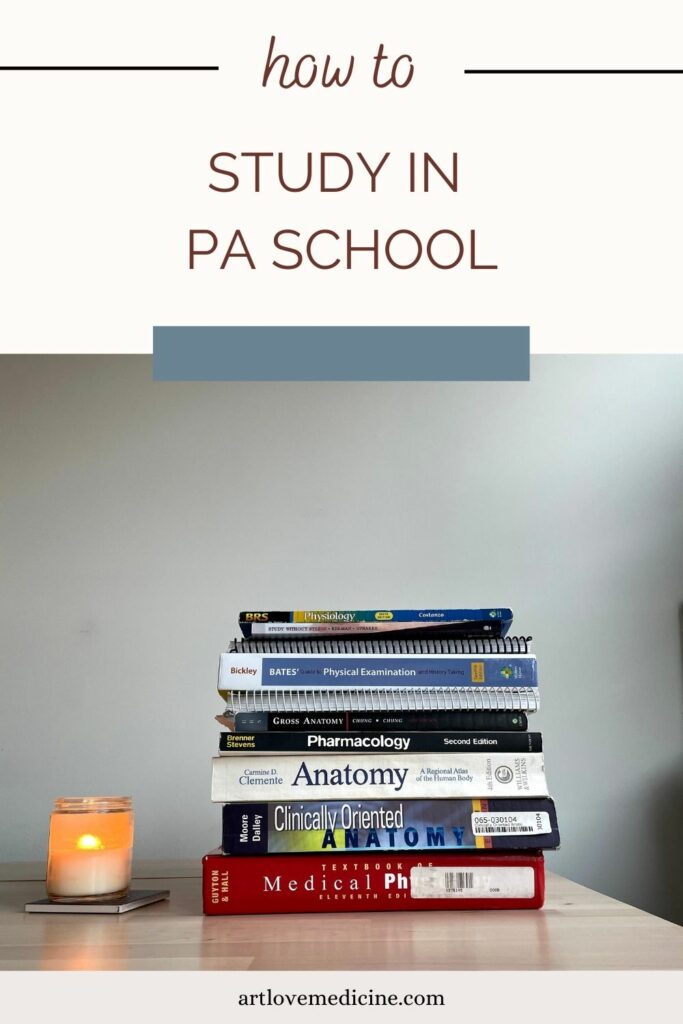
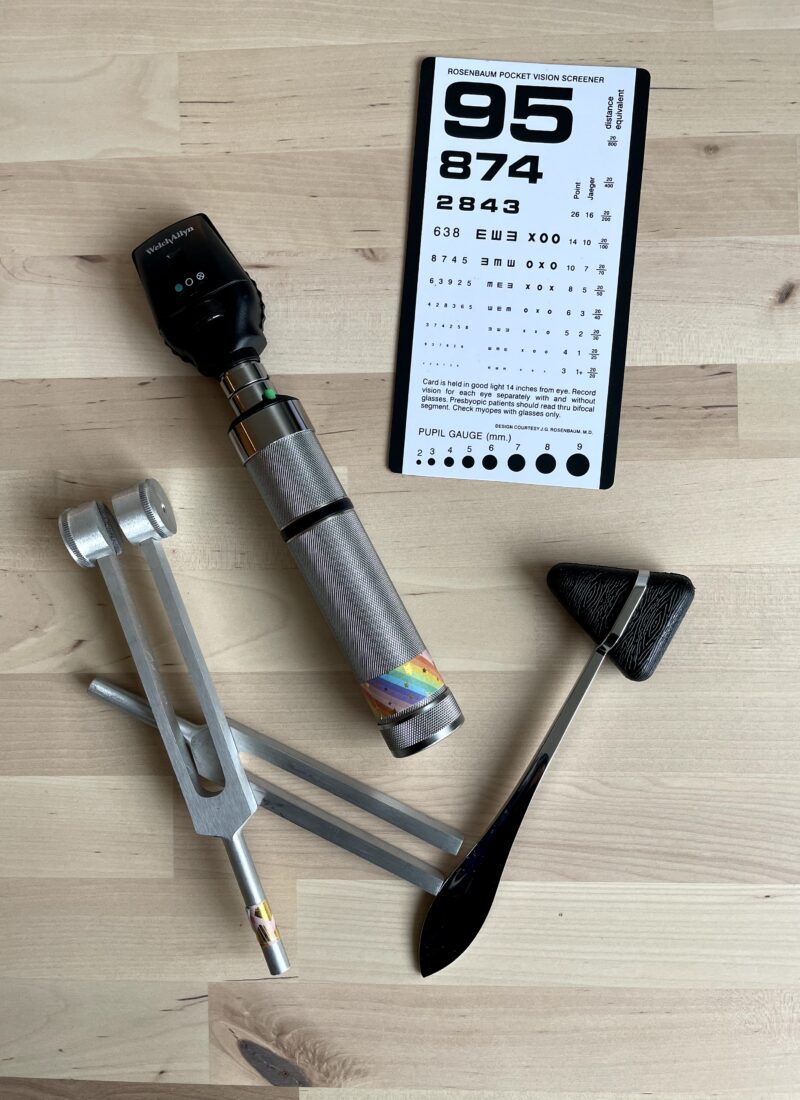
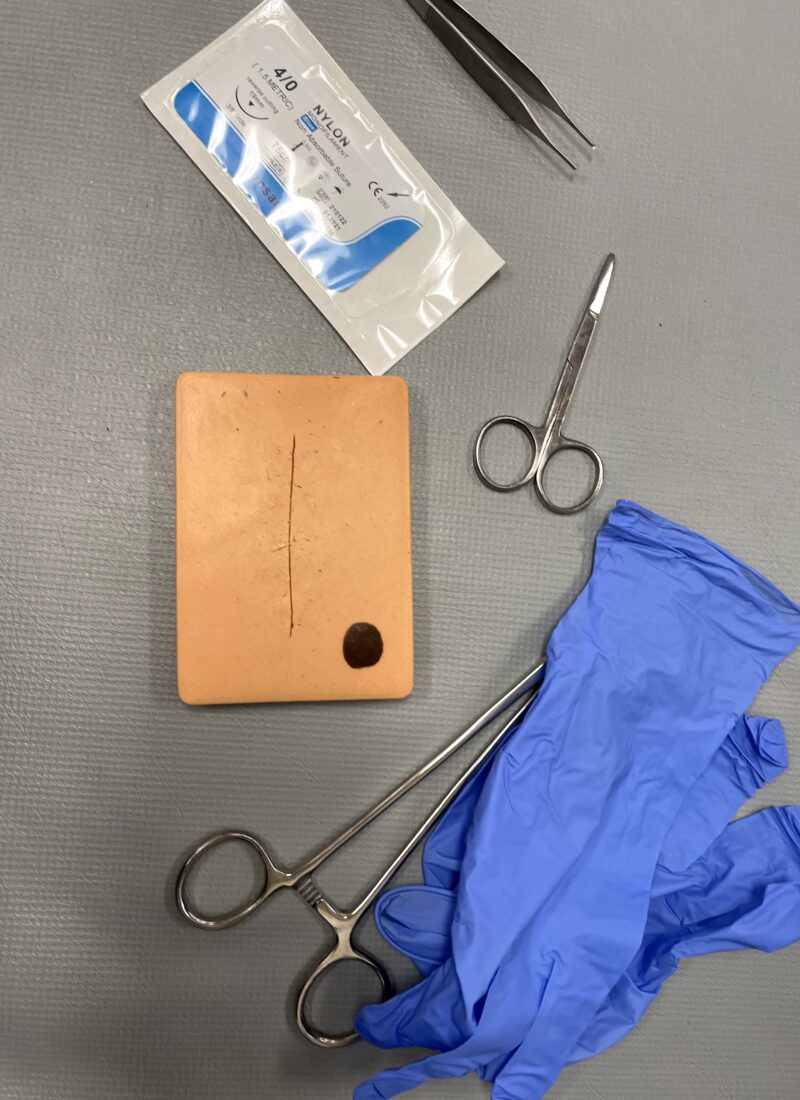
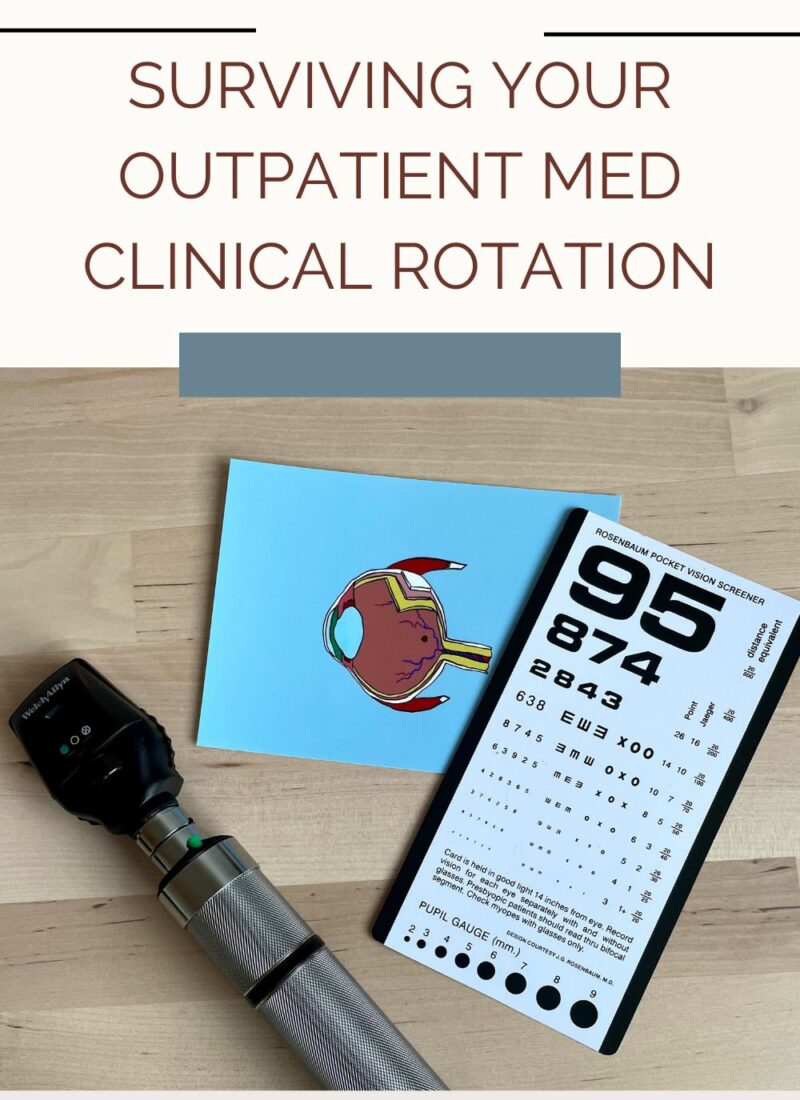
Leave a Reply